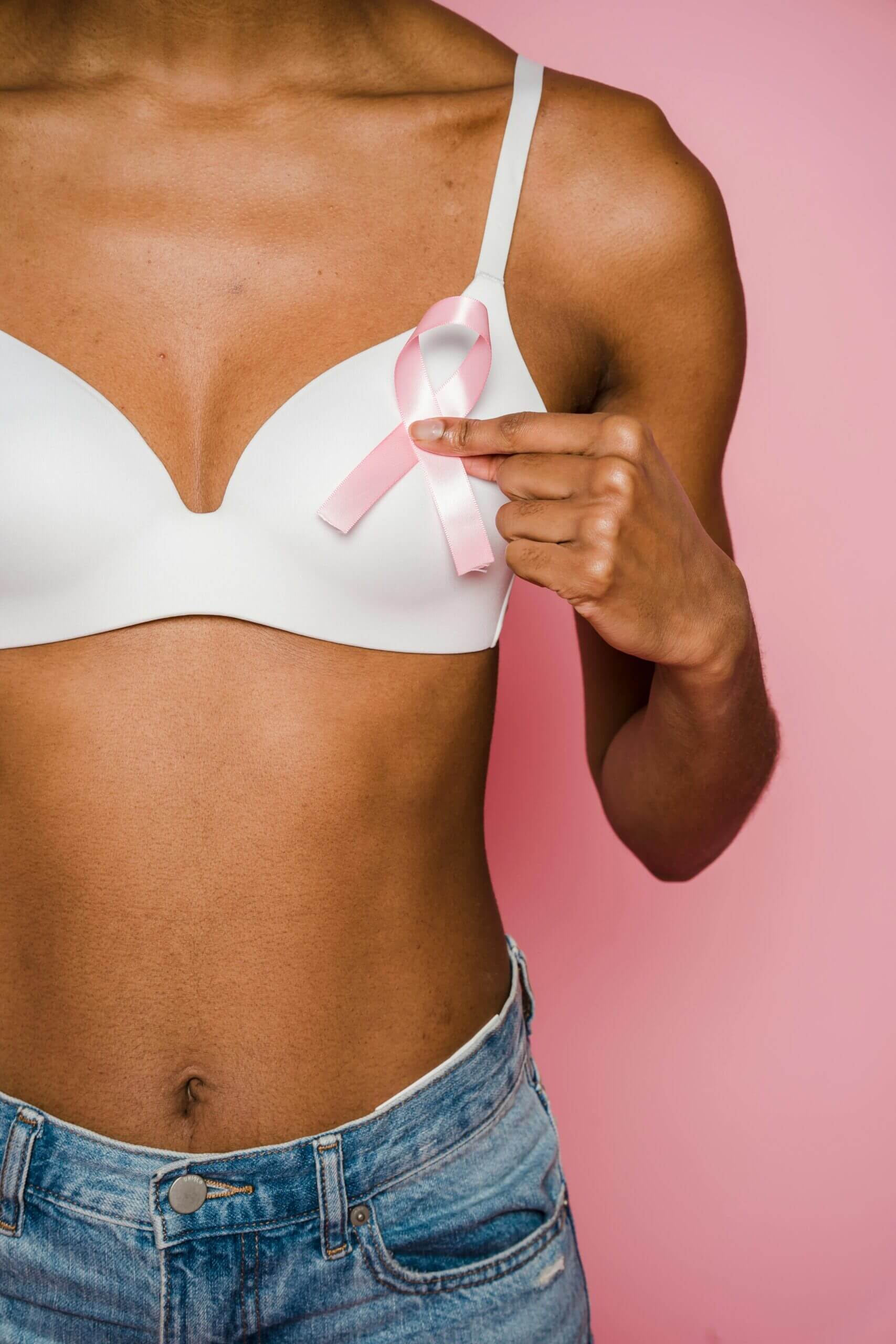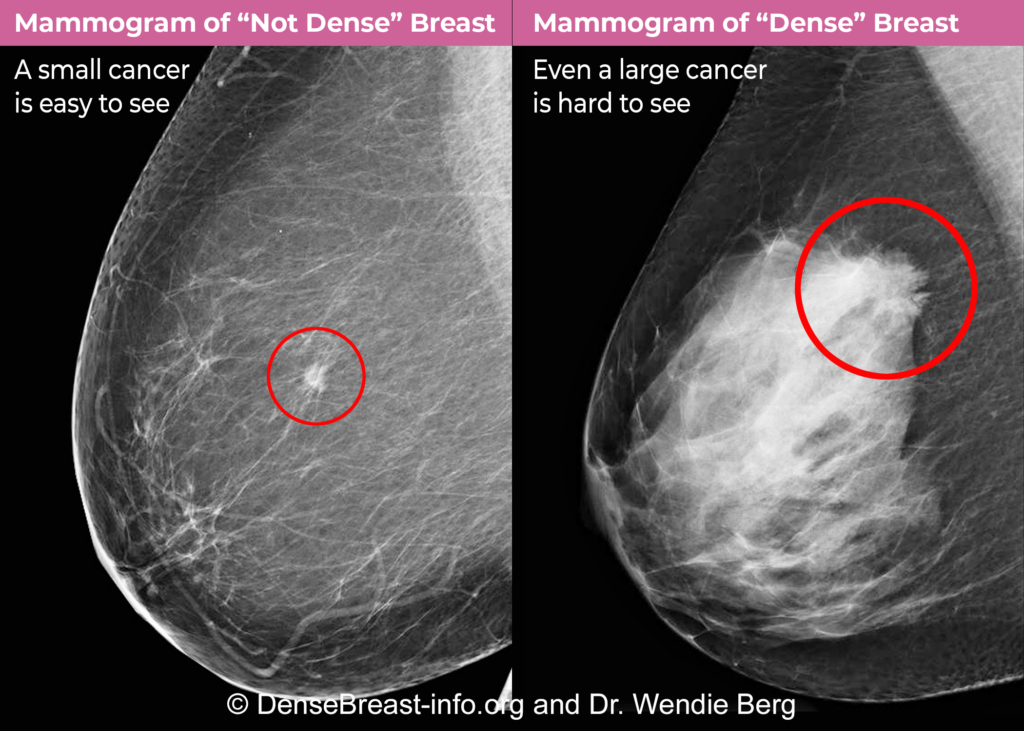Breasties, please don’t tar and feather me for this post. Whether you liked it or not, found it offensive or not, it is my opinion that Novartis’ “Your Attention Please!” 2025 Super Bowl ad was a masterstroke in marketing and the equivalent of a last-minute winning point field goal.
Here is why I believe that to be the case.
On-the-nose audience targeting.
Despite the grumbling rage I am seeing expressed in breast cancer forums about the commercial, it is important to understand that we were not the target audience for this message. This was a message for everyone else — those individuals (and we were all them at one point) who don’t think breast cancer will ever happen to them, or their loved ones.
Super Bowl’s audience is 50/50 male and female and sports/football enthusiasts. This year’s Super Bowl was the most watched ever with 126 million viewers tuning in. That’s one hell of a lot of eyeballs who now have heard the important message that women need to go get their breasts screened.
On point creative.
Sure, I’m hearing the worry that the ad’s celebration of boobs was objectifying and diminished the struggle and pain those with cancer experience. However, it was again the right message for the audience Novartis was working to reach with this ad buy. It was also a brave move. Super Bowl ad placements are massively coveted in the industry. Scarcity plus demand equals a big-money ad buy. Typically dominated by pizza and beer, running a Super Bowl ad focused on breast health was risky. Super Bowl ads are where the ad creatives pull out the big guns. People who hate football will tune in just to watch the ads. They expect to be entertained. Portrayal of the sad and scary realities of a breast cancer diagnosis (sorry folks) would be a surefire way to turn off the target audience immediately. The creative combination of bouncing cheerleader, pistol shooting (we see you Austin Powers), bra fittings and superstars, humor and up-tempo collegiate-style music caught us, engaged us, and got us to the key message, which is that half of the women watching that ad WILL be diagnosed with breast cancer and better stay vigilant and get screened. If even some percentage of those women (supported by their men-folk who also heard the message) go and have their life saved as a result — well, that’s a touchdown in my books.
We’re all talking about the Super Bowl commercial and breast health.
P.T. Barnum once said, ‘There’s no such thing as bad publicity.’ Barnum founder of the Barnum & Bailey circus, and known as the “greatest showman on earth” knew that controversy drove an emotional audience reaction. Negative or positive, that emotion gets people talking and creates a news cycle reporters love to cover. Just look at the conversation and news coverage that is swirling around the Your Attention Please ad. The ad, now up on YouTube has had 164K views in a day. That is sure to climb.
We’re not talking about Budweiser this year. We’re talking boobs and boob health. Is that not a good thing? That amplification effect means that Novartis’s message of breast health is rippling far and wide to reach well beyond the 126 million who sat down in front of their television on Sunday.
I’ll leave you with some contextual facts that underscore why this ad is so important, why it was the right thing to do, and why it was a brilliant marketing move.
- Breast screening in the United States and many provinces in Canada is now moving from age 50 to 40. An entire new decade of women now have screening available to them and they need to know about it.
- Despite this widespread availability, uptake of screening remains low. Research shows that only 23% of women self-report to be accessing breast screening and less than 15% are doing self exams. Black women who didn’t get regular screenings are 3-4 times more likely to be diagnosed with late-stage breast cancer. LGBTQ+ communities have lower screening rates, feel marginalized and face ingrained biases in the healthcare system. So, using Wanda Sykes as the person to impart that final breast health message was yet another strategic move to reach those in the BIPOC and LGBTQ communities with the screening message.
- Men are equally aware of breast screening as women and actually have a more favorable attitude toward breast screening than women – so, in theory, can play a strong supportive role for their partners, encouraging them to partake in screening.
So there you have it. I’m no expert at football, but when it comes to this Super Bowl ad, I’m a foam-fingered waving fan.




